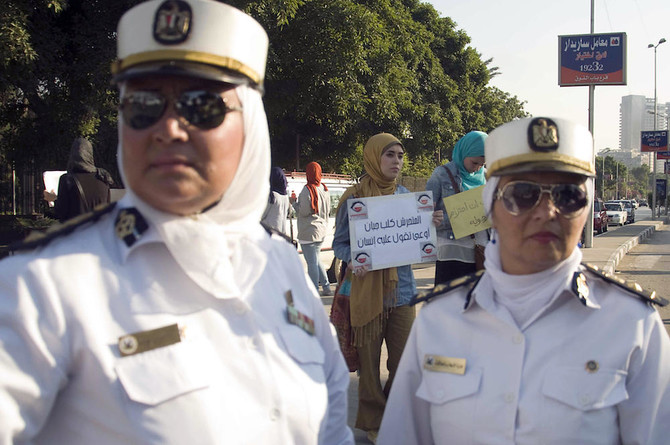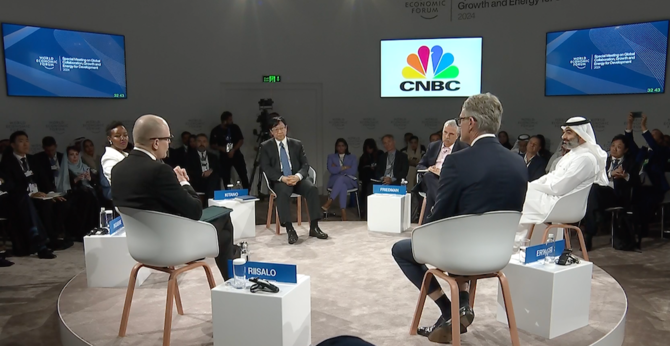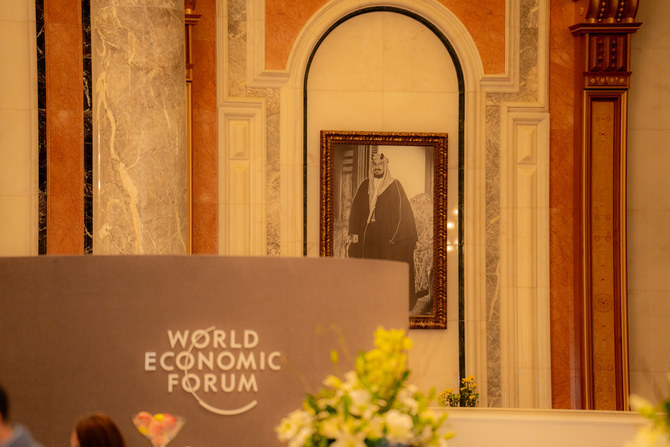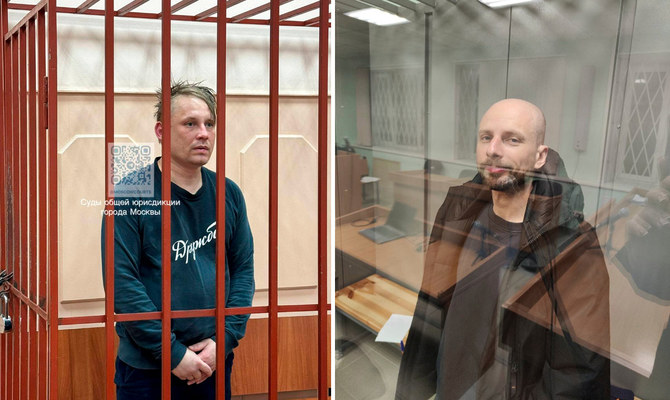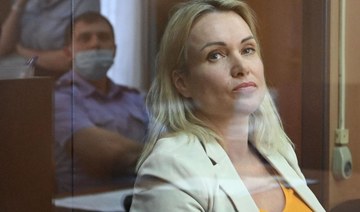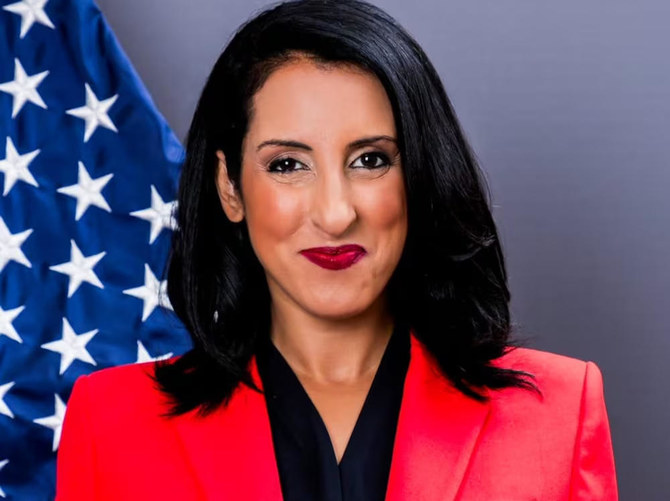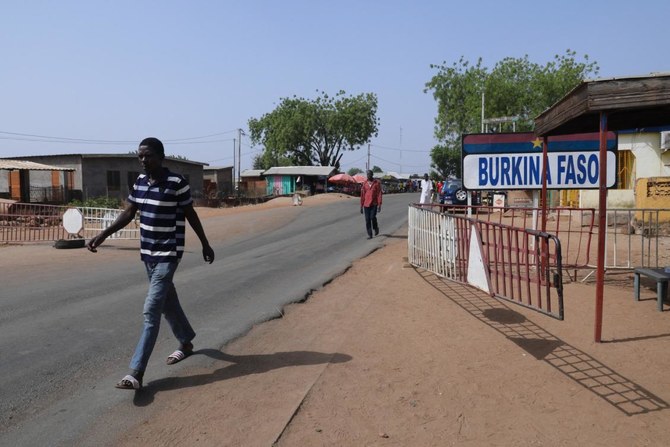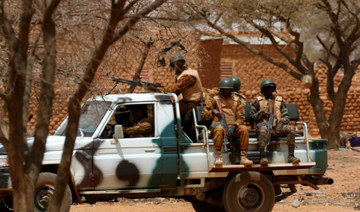LONDON: It’s the story that has everyone talking. Did Mahmoud Soliman’s behavior toward Menna Gubran amount to harassment or was it merely harmless flirting? And was she wrong to film his advances and post the video online?
Sexual harassment is no trivial matter in Egypt, with an international poll last year describing Cairo as the world’s most dangerous mega-city for women. In fact, the practice has been illegal since 2014 and carries a penalty of up to five years in prison. However, the law is rarely enforced, not least because it fails to define the different forms sexual harassment can take.
The consequence is the sort of argument now raging over the Soliman-Gubran encounter. Opinion is divided, with some branding Soliman a “harasser” and others appearing to blame Gubran for the way she dressed, even though she does not appear in the video she filmed.
“Frankly, what happened has confused me,” said student Laila Elazhary, 23. “I can’t figure out what was right and what was wrong.”
Another woman, who declined to give her name, offered a robust defense of Soliman. “He is our friend and we have known him for years. He comes from a good family, and what happened was a normal and decent way of approaching and introducing himself to a woman. What is the big fuss about?” she asked.
Others took a more tongue-in-cheek view.
“If ladies keep using videos to keep guys introducing themselves at bay then they won’t find potential husbands. They are surely hurting only themselves,” said accountant Akram Mohamed, 43, while actor Mohamed Kamel joked that the people involved in the video were now shooting an advertisement and would soon be announcing a production deal.
“We are really in the era of nonsense,” he added.
Needless to say, the two principal characters in the story give different accounts of what happened.
Gubran claimed she was “stalked” by Soliman, who circled her in his car and made comments after she refused an invitation to go for coffee with him in Cairo. He desisted only when she started filming him with her mobile phone, she said.
Soliman, however, said he simply “apologized and left” after Gubran declined his invitation and denied “bothering” her.
Gubran posted her video on Facebook and ignited a heated debate online.

The law against sexual harassment in Egypt was introduced largely because of the treatment women suffered — from groping to beatings and sexual assault — during the mass protests of the 2011 uprising.
But if the law offers little clarity, there is less uncertainty among commentators on social media, prompting the question: If laws are ineffective, could pressure from social media encourage changes in behavior?
Physiology professor Sawsan Mohamed of Zaqaziq University believes it can — but not always in the desired way.
“Social media are transforming our patterns and norms toward an unknown destination. In the past few years I’ve seen my students transforming from shy to aggressive. Social media platforms have surely helped to alter characters, habits and the culture through instant and continuous feeds. We can’t predict where this will lead our culture,” she said.
“What used to happen, and take months and years to be replicated and become trendy, can now happen overnight through one simple post,” said Shady Azmy, a digital marketing expert based in Cairo. “The impact gets distributed once major influencers and celebrities join the wave.”
Professor Damian Radcliffe of the University of Oregon has studied the effects of social media on the Middle East for almost a decade.

“This is a great example of the complexities of social media. On the one hand it can be a valuable tool for empowerment, entertainment and sharing legitimate information. On the other, it can also be used to promote rumors and inaccuracies as well as amplifying behaviors and attitudes which many people find objectionable. All of these different responses can be seen at play here.”
Radcliffe believes the threat of exposure or ridicule through “naming and shaming” on social media could act as a driver of change in social norms.
“Hopefully it will,” he added. “But we also need to be alive to the fact that people may be incorrectly ‘shamed’ online, especially if they have a common name, and that vendettas and trolling may also play out. Mistakes can and do happen. Sometimes that is accidental. Sometimes it’s more nefarious.
“Social media may help trigger discussions (on what constitutes sexual harassment), but any definition is likely to need — and require — offline as well as online discussion. Social networks can help provoke debate and challenge accepted norms and, in many cases, these important discussions can be triggered by ordinary citizens.
“The court of public opinion should not necessarily act as judge and jury, but in the social media age there is a risk that this can happen.”


